Dolomite rock type, with its numerous industrial applications, has played a significant role in various sectors. This unique rock has gained attention due to its diverse properties, making it an essential resource in industries like construction, agriculture, and manufacturing. In this article, we will delve into the characteristics, uses, and benefits of dolomite rock type. Characteristics of Dolomite Rock Type: Dolomite is an anhydrous carbonate mineral composed of calcium magnesium carbonate (CaMg(CO3)2). It is commonly found in sedimentary rocks and metamorphic marble formations. Dolomite is recognized by its distinct white or pale gray color, and its hardness ranges between 3.5 and 4 on the Mohs scale.
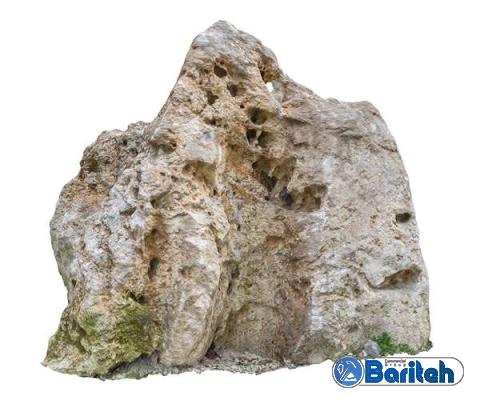
.
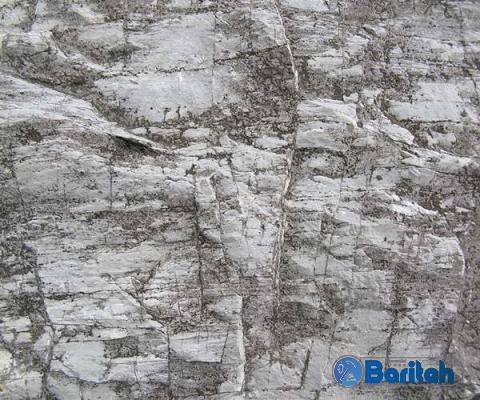 Additionally, dolomite has a vitreous to pearly luster and is relatively dense. Industrial Applications of Dolomite Rock Type: 1. Construction Industry: Dolomite is widely used in the construction industry due to its excellent durability and hardness. Its crushed form is commonly utilized as aggregate in concrete and asphalt mixtures. Dolomite’s hardness makes it ideal for road construction as it provides stability, strength, and resistance to wear and tear. 2. Agricultural Sector: Dolomite plays a crucial role in soil management in the agricultural sector. It is an excellent source of magnesium and calcium, essential nutrients required for healthy plant growth. Dolomite helps neutralize acidic soils and improves the overall soil structure, promoting better nutrient absorption by crops.
Additionally, dolomite has a vitreous to pearly luster and is relatively dense. Industrial Applications of Dolomite Rock Type: 1. Construction Industry: Dolomite is widely used in the construction industry due to its excellent durability and hardness. Its crushed form is commonly utilized as aggregate in concrete and asphalt mixtures. Dolomite’s hardness makes it ideal for road construction as it provides stability, strength, and resistance to wear and tear. 2. Agricultural Sector: Dolomite plays a crucial role in soil management in the agricultural sector. It is an excellent source of magnesium and calcium, essential nutrients required for healthy plant growth. Dolomite helps neutralize acidic soils and improves the overall soil structure, promoting better nutrient absorption by crops.
..
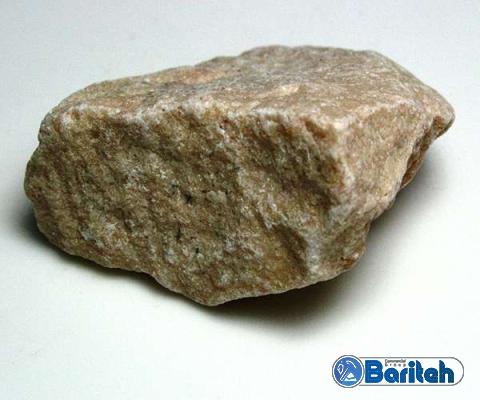 3. Manufacturing Industry: In the manufacturing industry, dolomite finds extensive use in the production of glass, ceramics, and refractory materials. Dolomite’s high melting point and low reactivity make it suitable for manufacturing heat-resistant materials, such as bricks and furnace linings. 4. Water Treatment: Dolomite rock type is also used in water treatment processes. Its unique chemical composition aids in the removal of impurities, including heavy metals, from wastewater and drinking water sources. Dolomite’s ability to neutralize acidity and provide a source of alkalinity is instrumental in maintaining proper water pH levels. Benefits of Dolomite Rock Type: 1. Cost-Effectiveness: Dolomite is readily available and relatively affordable compared to other industrial minerals. Its abundance allows for cost-effective utilization, making it a preferred choice in various industries.
3. Manufacturing Industry: In the manufacturing industry, dolomite finds extensive use in the production of glass, ceramics, and refractory materials. Dolomite’s high melting point and low reactivity make it suitable for manufacturing heat-resistant materials, such as bricks and furnace linings. 4. Water Treatment: Dolomite rock type is also used in water treatment processes. Its unique chemical composition aids in the removal of impurities, including heavy metals, from wastewater and drinking water sources. Dolomite’s ability to neutralize acidity and provide a source of alkalinity is instrumental in maintaining proper water pH levels. Benefits of Dolomite Rock Type: 1. Cost-Effectiveness: Dolomite is readily available and relatively affordable compared to other industrial minerals. Its abundance allows for cost-effective utilization, making it a preferred choice in various industries.
…
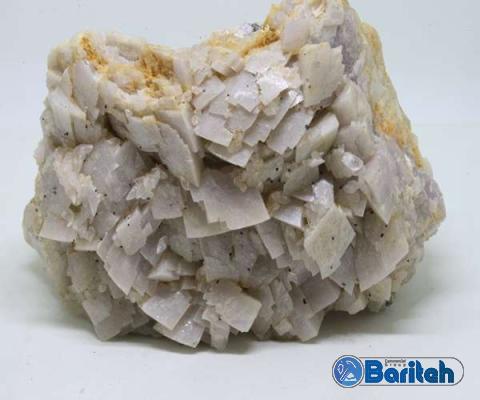 2. Sustainable Alternative: Dolomite is an environmentally friendly alternative to synthetic materials in several applications. Its natural composition reduces the need for extensive manufacturing processes, contributing to a more sustainable and eco-friendly approach. 3. Versatility: The versatility of dolomite rock type is one of its key advantages. Its unique properties make it suitable for different industries, ensuring a wide range of applications. Conclusion: Dolomite rock type is a valuable resource that has proven its worth in numerous industries. Whether it’s contributing to the construction sector, enhancing soil quality in agriculture, or aiding manufacturing processes, dolomite’s distinctive properties and versatility make it a sought-after material. As industries continue to evolve, dolomite will remain an integral part of their success, offering cost-effective and sustainable solutions.
2. Sustainable Alternative: Dolomite is an environmentally friendly alternative to synthetic materials in several applications. Its natural composition reduces the need for extensive manufacturing processes, contributing to a more sustainable and eco-friendly approach. 3. Versatility: The versatility of dolomite rock type is one of its key advantages. Its unique properties make it suitable for different industries, ensuring a wide range of applications. Conclusion: Dolomite rock type is a valuable resource that has proven its worth in numerous industries. Whether it’s contributing to the construction sector, enhancing soil quality in agriculture, or aiding manufacturing processes, dolomite’s distinctive properties and versatility make it a sought-after material. As industries continue to evolve, dolomite will remain an integral part of their success, offering cost-effective and sustainable solutions.
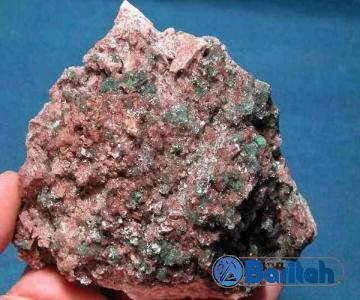
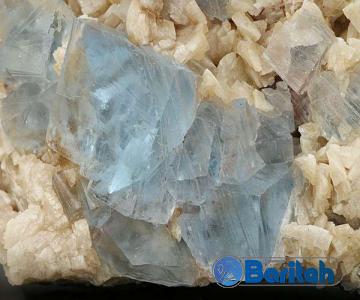
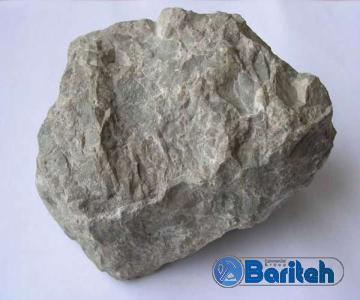
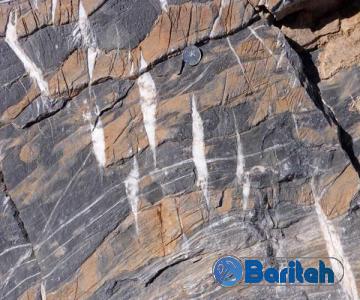
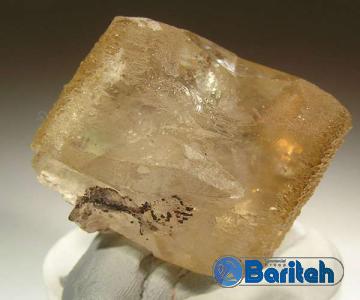
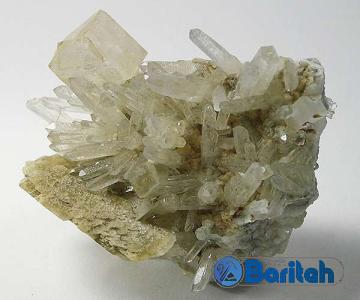
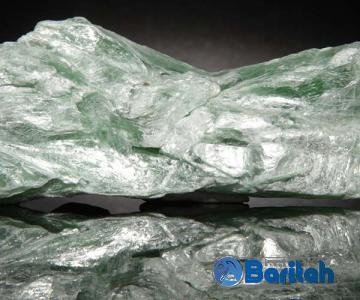
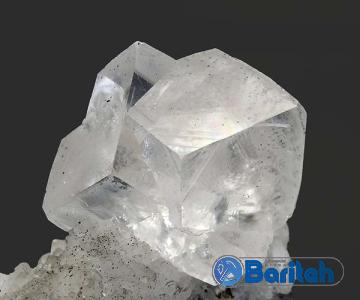
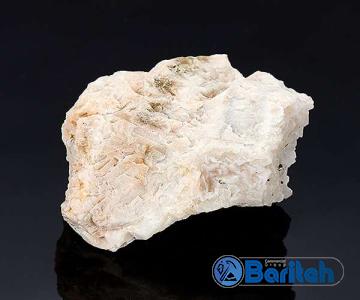
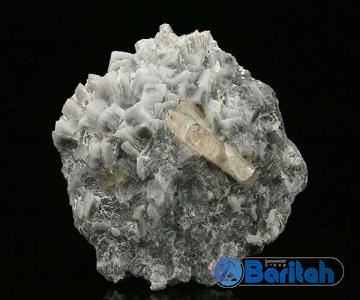
Your comment submitted.